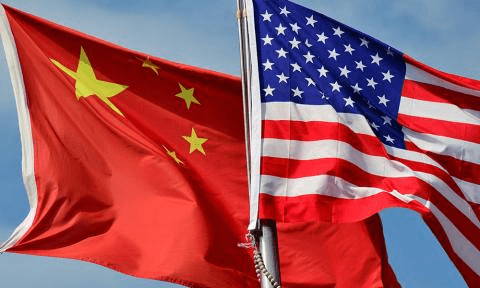The United States and China have taken another step towards easing months of strained military relations, holding what Beijing described as “frank and constructive” maritime security talks in Hawaii last week.
The discussions, held from 18–20 November, were convened under the framework of the Military Maritime Consultative Agreement (MMCA), a twice-yearly working-level mechanism designed to reduce risks of naval and aerial encounters between the two powers.
According to a statement released on the official social media account of the People’s Liberation Army Navy, representatives from both countries exchanged views on the current maritime and air security environment, focusing on efforts to manage tensions and improve operational safety at sea and in the air.
The talks follow a similar meeting held in April — the first such engagement since the start of U.S. President Donald Trump’s second term — signalling cautious progress in restoring military-to-military communication channels disrupted by months of trade frictions and intensified geopolitical rivalry.
In its statement, China reiterated strong opposition to U.S. freedom-of-navigation operations, which are regularly conducted in the Taiwan Strait and the South China Sea — international waters over which Beijing asserts sweeping sovereignty claims.
It characterised such transits as “infringement and provocation”, underscoring the persistent strategic gulf between the two countries despite resumed dialogue.
Both sides also reviewed “typical cases” of past naval and air encounters, discussing ways to ensure that front-line forces conduct themselves “more professionally and safely” during future interactions. The emphasis on operational safety reflects rising global concern about the risks of miscalculation in increasingly crowded and contested waters.
The renewed talks come amid heightened U.S. concerns over China’s growing military activities around Taiwan and across the South China Sea.
Beijing, meanwhile, continues to increase air, naval and coast guard deployments around Taiwan, which it regards as a breakaway province.
Taiwan’s government maintains that it is a self-governing democratic nation and rejects Beijing’s claims of sovereignty.
Despite ongoing disagreements, the holding of the MMCA working group meeting is widely viewed as a modest stabilising step.
Both sides have agreed to convene a follow-up session in 2026, signalling an intention — at least procedurally — to keep channels of communication open as strategic competition persists.
